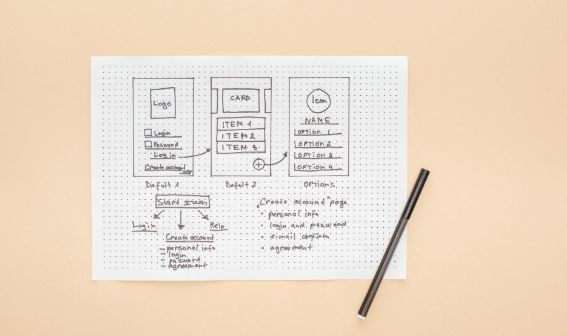
How to Choose a Programming Language

These days, skilled coders can use almost every kind of programming language for their web development projects. From PHP and Python to Swift and Java, there are plenty of great options. But which language will work best for your company? Don't worry; we have done the research, and our top picks are highlighted below.
PHP
Invented by Rasmus Lerdorf back in 1994, PHP is known as the language that powers WordPress, which is used for almost 50% of the websites in the entire world. However, that's not the only reason why PHP is so popular with web programmers.
PHP is the lingua franca of the web. You can use other coding languages to build sites, of course, but PHP has several advantages that simply can't be ignored. To begin with, it is simple and user-friendly; most programmers can learn how to work with it in only a few months. Then, it can be used for a wide variety of web-related projects, and it gives developers a great degree of control over their projects.
This programming language utilizes a declarative programming paradigm, making use of expressions and declarations, rather than statements. Unlike imperative programming, declarative coding helps developers create well documented functions, which can be easily understood by other coders.
Python
It's no secret that Python has taken the programming community by storm. From creating a simple weather station in PyWeather, to instantiating a map, there are many Python programming tutorials available online to help you master this language.
Python is a general-purpose language. This means that you can code an immense variety of applications using it, rather than being forced to learn a new programming language when you need to start a fresh project.
One of the biggest advantages of Python is that it's very easy to use. You can learn the essential syntax within hours, and then start to program. If you need more than the basics, I suggest checking out the Standard Python Library page, which provides an extensive set of examples and documentation.
Ruby/Ruby on Rails
Another popular framework among web developers is Ruby on Rails, which has been built using the Ruby programming language. This framework can help developers work efficiently because it simplifies repetitive tasks. Additionally, Rails comes with predefined configurations (also known as "conventions") which will help speed up development.
Rails makes it easy to create interactive software: web apps, rich Internet applications, content management systems, and more. It uses a simple, flexible, object-oriented, request-response architecture, and it can handle a large variety of web programming technologies.
In Ruby, the dynamic nature of the language makes it easy to understand what's happening behind the scenes. The code combines the power of any object-oriented programming language with the syntax and benefits of functional programming to create powerful, flexible web applications.
Rails isn't difficult to learn. You will only need to learn a limited set of commands to get started, and the online documentation, which can be found here, is a great resource.
JavaScript
There are many programming languages you can use to create interactive websites, but JavaScript is the most popular among them. It is easy to learn, and its functionality can be extended using third-party libraries such as Node.js, a JavaScript runtime which has been built using Chrome's JavaScript engine.
Another programming language from the same family is Google Dart, which uses a JavaScript-like syntax, and can compile to JavaScript. Compiled Dart code will run without needing any adaptation in all major browsers.